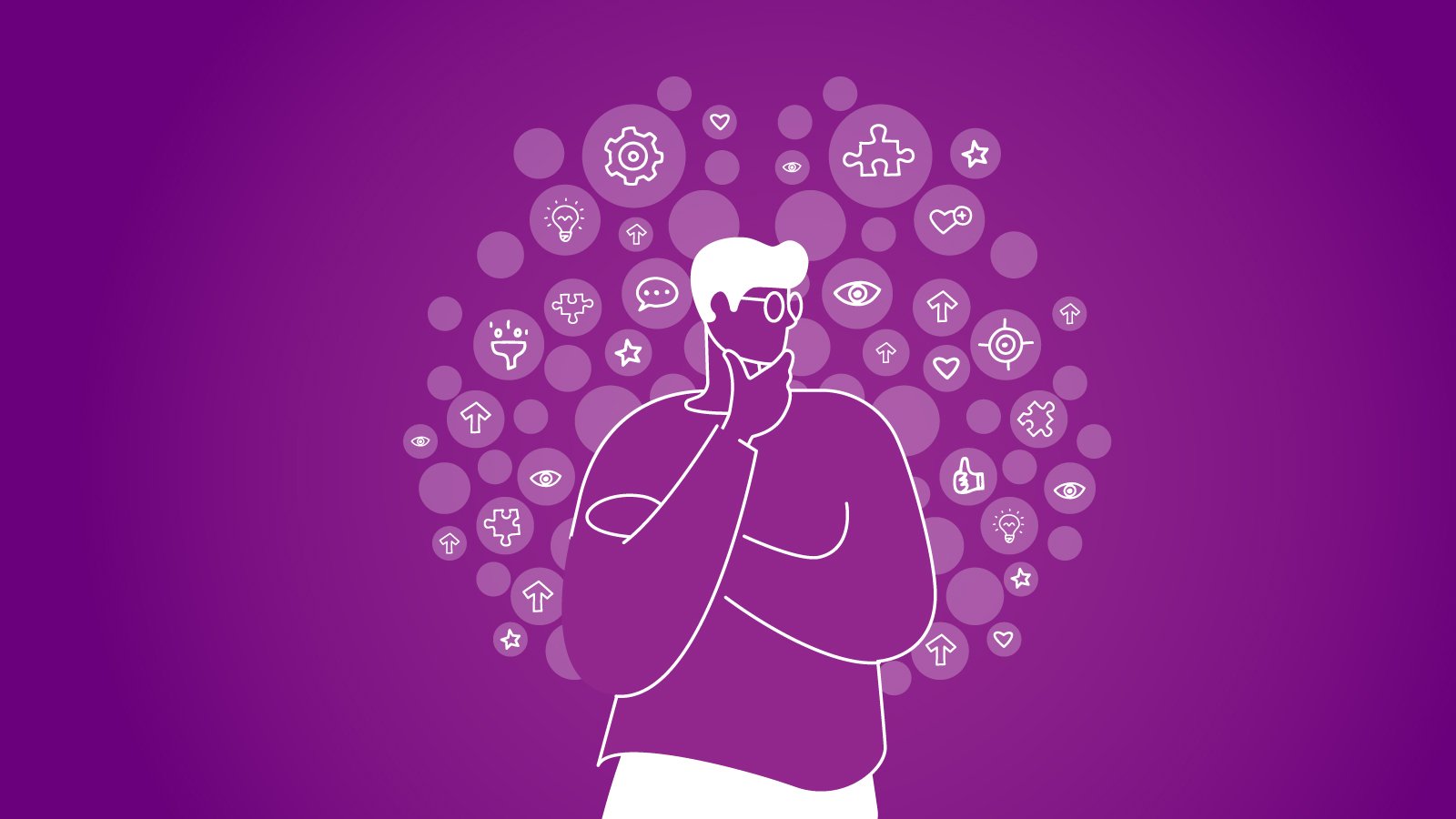We have this compelling idea that we, as business owners and executives, make sensible decisions based on rational thought processes, but this is often far from the truth.
Daniel Kahneman, in his bestselling book Thinking Fast and Slow, showed that a great deal, if not the majority, of our decisions were based on anything but rational thinking. It turns out we lean heavily on cognitive biases to plan and strategise, often making miscalculations and setting off in the wrong direction.
A cognitive bias, as defined by Psychology Today, “can be characterised as the tendency to make decisions and take action based on limited acquisition and/or processing of information or on self-interest, overconfidence, or attachment to past experience.”
The outcomes of such decisions can be catastrophic, especially if there is a lot to play for.
Below are three of the most common cognitive biases that will, if left unchecked, cause you to make bad decisions and damage your brand. Recognise them and, if they are already in play, take steps to mitigate the damage and remove them from your thought processes.
Confirmation bias
The confirmation bias is the tendency to search for, interpret, favour, and recall information in a way that confirms or supports one's prior beliefs or values.
For example, we often tend to disregard negative information about our favoured political candidate as it does not agree with our prior views and opinions.
How can we deal with confirmation bias? By realising that our beliefs about something are not always correct, or true in every circumstance. By seeking out opposing viewpoints and opinions and seeing how they stack up. Above all, by having humility and realising that we may not have all the answers.
Sunk cost fallacy
The sunk cost fallacy is defined as “the phenomenon whereby a person is reluctant to abandon a strategy or course of action because they have invested heavily in it, even when it is clear that abandonment would be more beneficial.”
We see this often in business, when a company invests heavily in a doomed product and, failing to see the writing on the wall, continues to spend money on ineffective marketing and sales tactics.
The most effective way to avoid the sunk cost fallacy is to have strict goals for your project, whether that is a product, service or something else. Know in advance how much you will spend and what you expect in return, and if these numbers are not met do not chase them with more money if the forecast does not justify it.
Also, beware overconfidence and relying too much on your feelings. Our gut feelings can often help us make decisions, but their effectiveness dwindles rapidly when complexity or uncertainty is involved. Think through every decision rationally, without regard to your well-intentioned hunches and instincts.
Endowment effect
The endowment effect refers to an emotional bias that causes individuals to value an owned object higher, often irrationally, than its market value.
In a 1991 study, Daniel Kahneman and colleagues proposed that the endowment effect occurs, in part, due to loss aversion (our fear of loss, which is greater than our anticipation of gain).
An example of the endowment effect is believing your product should be priced higher than what the market wants to pay, which can lead to missed sales and being unable to compete with other brands.
Avoiding the endowment effect requires you to keep an emotional distance between you and your products and services. The old adage is correct in this regard: the market is always right. Watch the data, use it to make decisions, while avoiding other cognitive biases, and you will not fall into the trap of believing that what you own is of higher value than other, similar offerings.
Catching cognitive biases in the act
Observing our own thinking and understanding when we are making a decision under the influence of a cognitive bias is not an easy task, especially when we are under pressure. But by becoming aware of their various mechanisms, and how they influence us, we can grow in awareness and become significantly better decision makers over time.
For more information on cognitive biases and how they are affecting your decision making, get in touch today.




